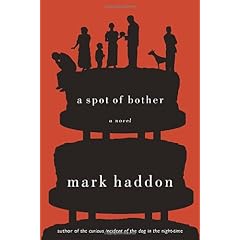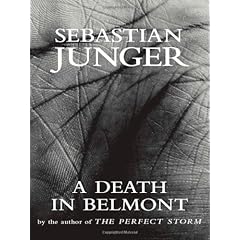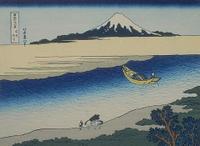The Omnivore's Dilemma
Three meals thoroughly traced through the production chain to their original inputs: a Standard American Diet meal from Mickey D's, a meal cooked at home from organically or sustainably produced foods, and a meal of hunted, foraged or home grown foods.
Lots of requisite horror following the factory farm roots of the Mickey D's meal -- that's been done before and more thoroughly in other books. The thing that got to me from this section was summed up by a farming activist Pollan quotes: "we're still eating the leftovers of World War II." Both chemical fertilizers and pesticides were born of the war's chemical weapons and explosives industries. Fritz Haber, who came up with the process for making nitrogen fertilizer (and won a Nobel Prize in 1920 for his efforts) also used synthetic nitrates to make bombs for Germany during WWII. Another one of his scientific developments was the poison gas they used in concentration camps. All this left me very creeped out.
And from the chemicals used, to the machinery used, to the energy used for transport, the whole enterprise is powered by fossil fuels. We're basically eating petroleum (though it would be more efficient if we could just fill ourselves up at the gas pump along with our cars).
"Big Organic" doesn't come out much better -- it's basically conventional farming minus the fertilizer and pesticides. Still set up as a huge monoculture, the better to allow automation; still with huge energy inputs.
So what's the alternative to factory farming? Pollan takes a closer look at someone who is practicing a potential option when he visits Joel Salatin's farm. I was kind of stunned to realize I'd read a book by Salatin not too long ago -- "You Can Farm." He's a bit of a zealot whose writing style is kooky to say the least, but the work he does is brilliant. He raises pastured cattle, chickens, turkeys, pigs and rabbits, orchestrating a kind of crop rotation to keep the pasture and animals all healthy and doing what they do best. No need for antibiotics, or significant quantities of any animal feed or fuels or fertilizers to be imported and added to what the land already produces.
Pollan's favorite meal is the focus of the last section. For this section he gets bonus points for learning to hunt and doing an admirable and honest job of examining his reaction to the whole process.
also lately finished....
Rational Mysticism
by John Horgan
Sigh. I was hoping that this book would look at enlightenment from a scientific standpoint. I was dying to see what they'd find for handholds to even begin to get a grip on mysticism. As it turns out, the book was primarily about psychedelic drugs. I finished it anyway.



